Microscopy of Rain-, Well- & Reverse Osmosis Filtered Tap Water, Boiled Fiji and Pre-Covid Fiji Water and Mountain Valley Water
Based on reader comments and suggestion, I did darkfield microscopy of the same Fiji water I tested for my recent Substack, but I boiled it first. I found an older bottle Fiji water from the “pre-Covid” era and tested that too. Then I took samples of rainwater, of my well water fed by rain, as well as of the water after it runs through the whole house reverse osmosis (RO) system. I also sampled water I get delivered every month from Mountain Valley water as I prefer the taste to the RO water. It comes in 5-gallon glass jugs.
The Fiji water from the same bottle as the sample I showed two weeks ago still had hydrogel-like structures in it after boiling it:
So boiling is useless when it comes to hydrogels.
The older Fiji bottle as well had something that looks like a hydrogel:
But the older bottle had crystals the new bottle didn’t have.
Fiji water is famous for its silica content, but an image search for silica crystals made it clear these are not silica crystals. So far, I haven’t been able to identify them.
I then collected rainwater and examined it as well. It contains hydrogel like structures in various forms:
Next up I examined my well water which is known for its sulfur content which is why the yard smells like rotten eggs once the sprinklers go off. That’s why everyone here in the Acreage uses the sprinklers around 2 am when you don’t smell it (if your windows are closed which they are most of the time except on cool winter nights when we need the sprinklers most as it’s the dry season).
The moving things are bacteria that live in the soil. Thankfully and surprisingly, there were no hydrogels to be found. It may be that the filtration of rainwater passing through soil layers removes these. The soil here consists mostly of sand.
The well water runs through a complex filtration system using a carbon filter, a 5- and 20-micron filter I change monthly and then two reverse osmosis filter membranes. Then calcite is added to the water, and it’s finally stored in a 300 Gallon tank with a UV lamp. That’s what comes out of the tap.
My wholehouse RO filtration system with two white horizontal membrane filters on the wall and a 300 Gallon tank on the right in grey. Two pumps provide the water supply: a well pump to get the water out of the well into the system and a house pump to pump the filtered water into the house. This also means when there is no power, there is no water which is why I have a solar power back up system.
There are no hydrogels and almost no bacteria floating in the tap water (to my great relief). The out of focus circles are artifacts on the slide. Just disregard them.
Lastly, I examined Mountain Valley Water which has a great reputation with colleagues such as Dr. Tom Cowan MD and others.
I found these two things. The lower image looks like a hydrogel, but it is tiny and these were the only two things that seem not to belong in water.
So far it looks as if reverse osmosis filtered well water and coconut water are the safest drinks. Maybe I should also check wine, beer and scotch……… Cheers!
I got some coconuts today and three of them filled an entire 1 quart (liter) bottle:
Coconut water seems to be safe to drink in regard to hydrogels. It may be because the coconut water is inside two shells. There is the softer, but very thick green outer shell and then inside of that is the smaller wooden coconut shell that contains the water. Thus it’s protected from rain and chemtrails.
Note about your comments: I read them all and I appreciate your questions and suggestions. Unfortunately, I don’t have time to respond to all of them as I’m doing this research besides my regular work, advising the detox clinic that’s hopefully about to open soon, and taking care of my little sister who has Down Syndrome as well as my house and vegetable and fruit garden.
Book Store: www.anitabaxasmd.com

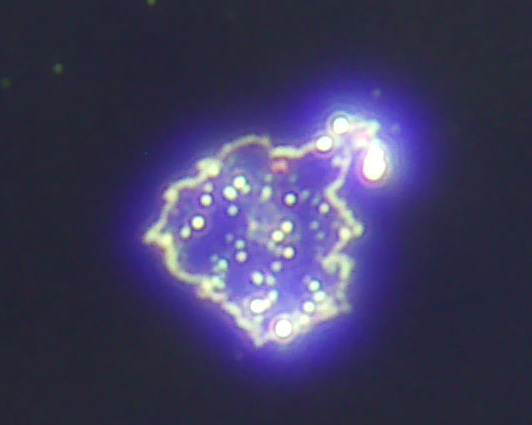
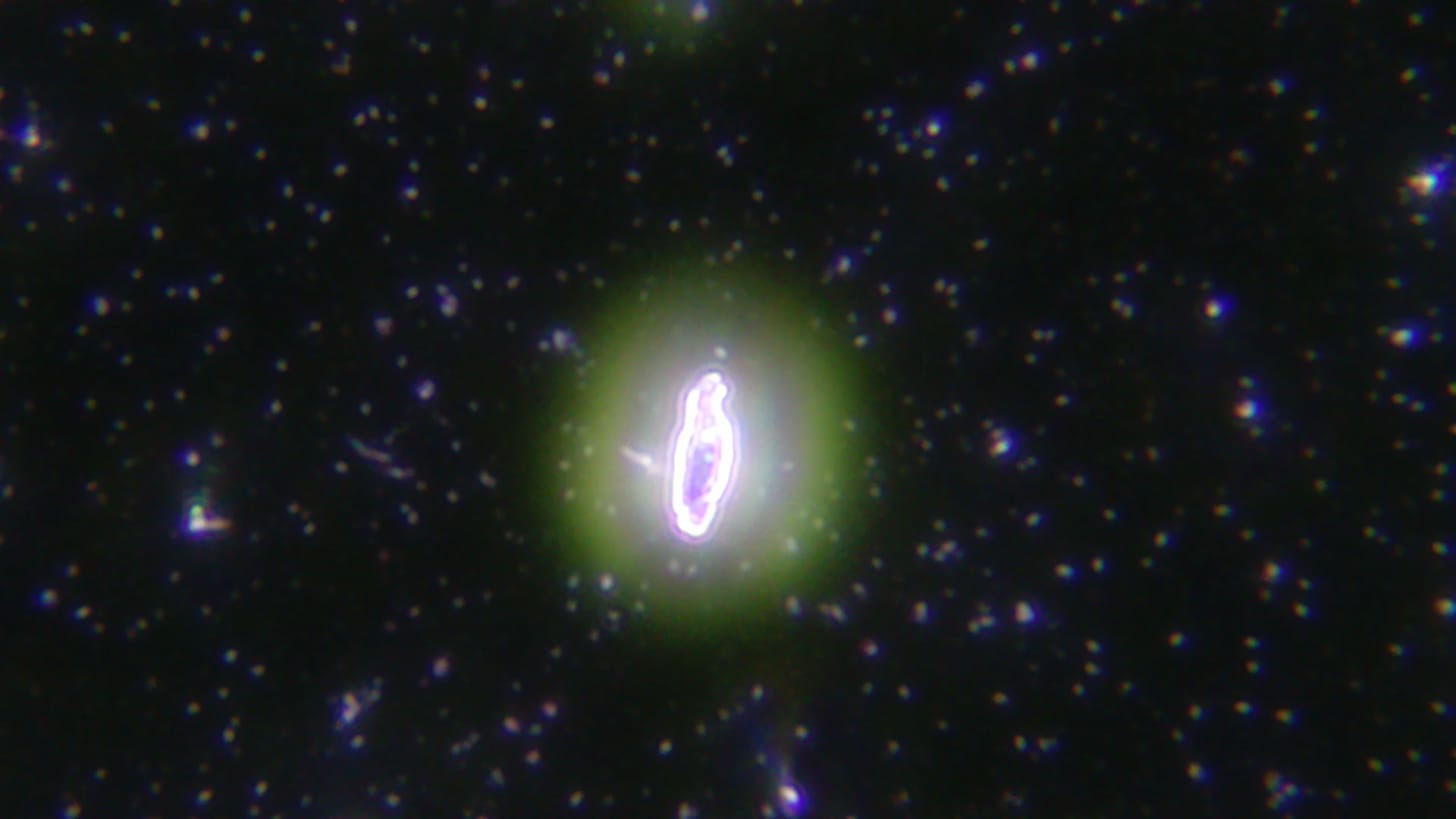
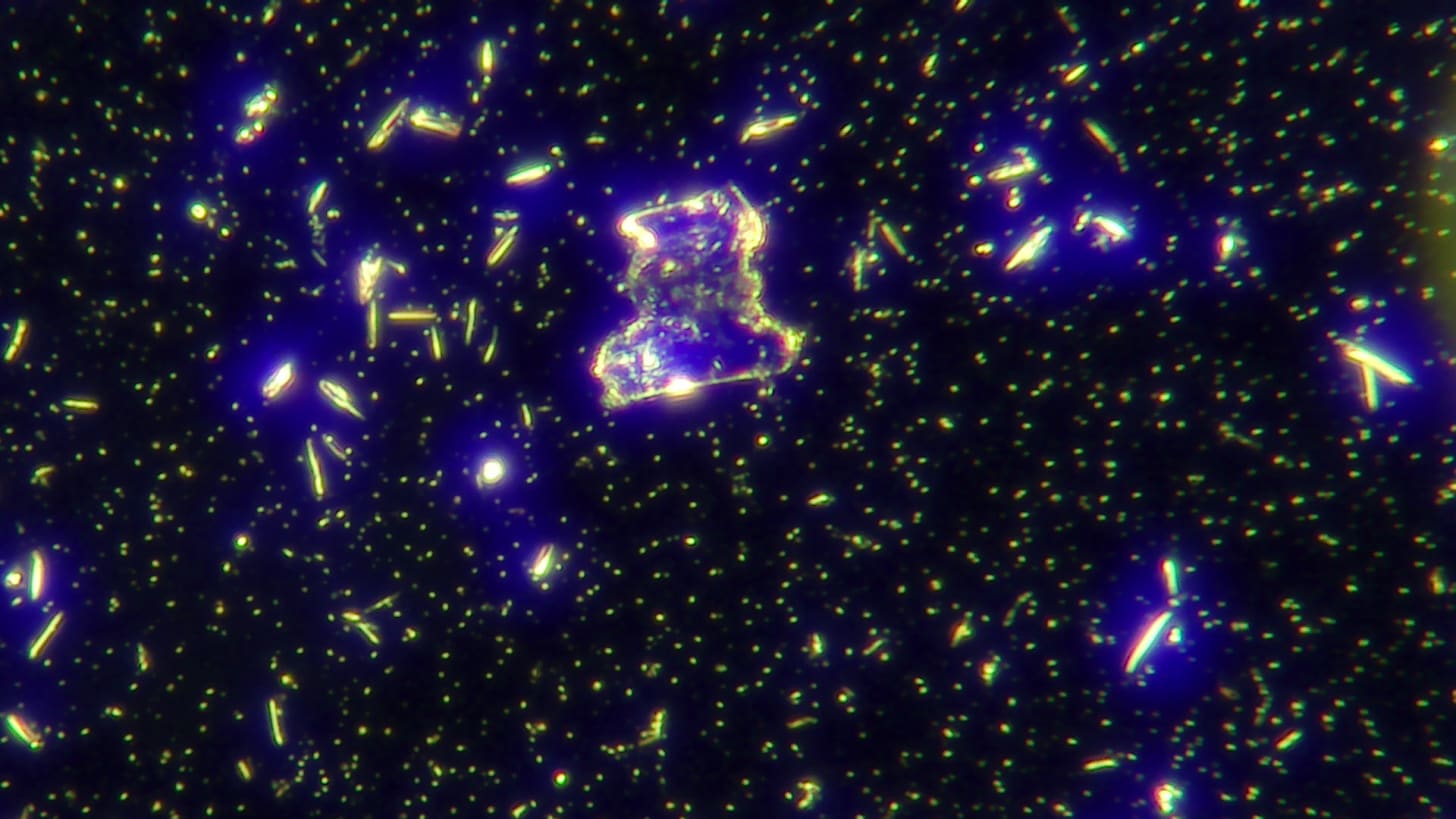
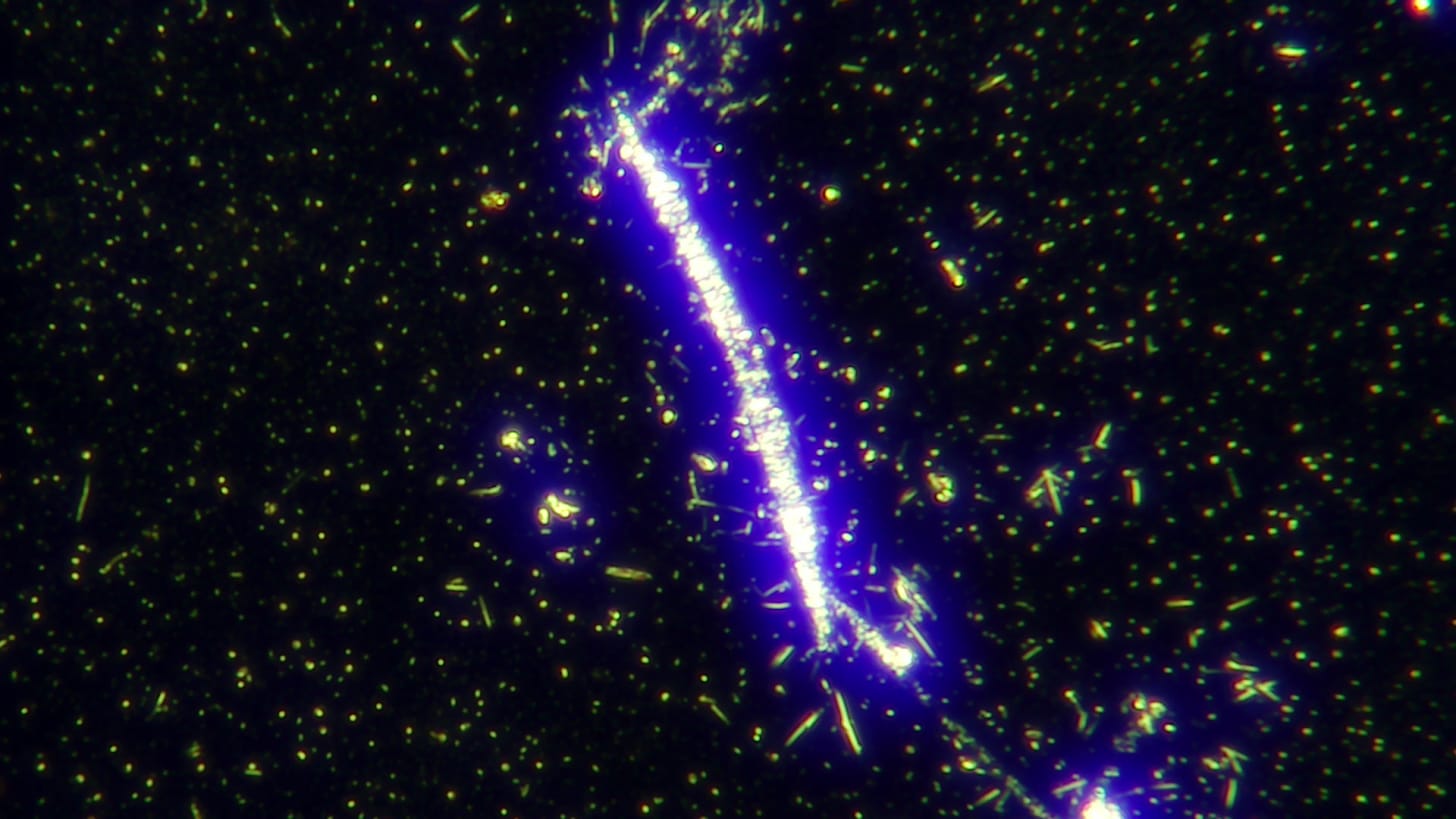
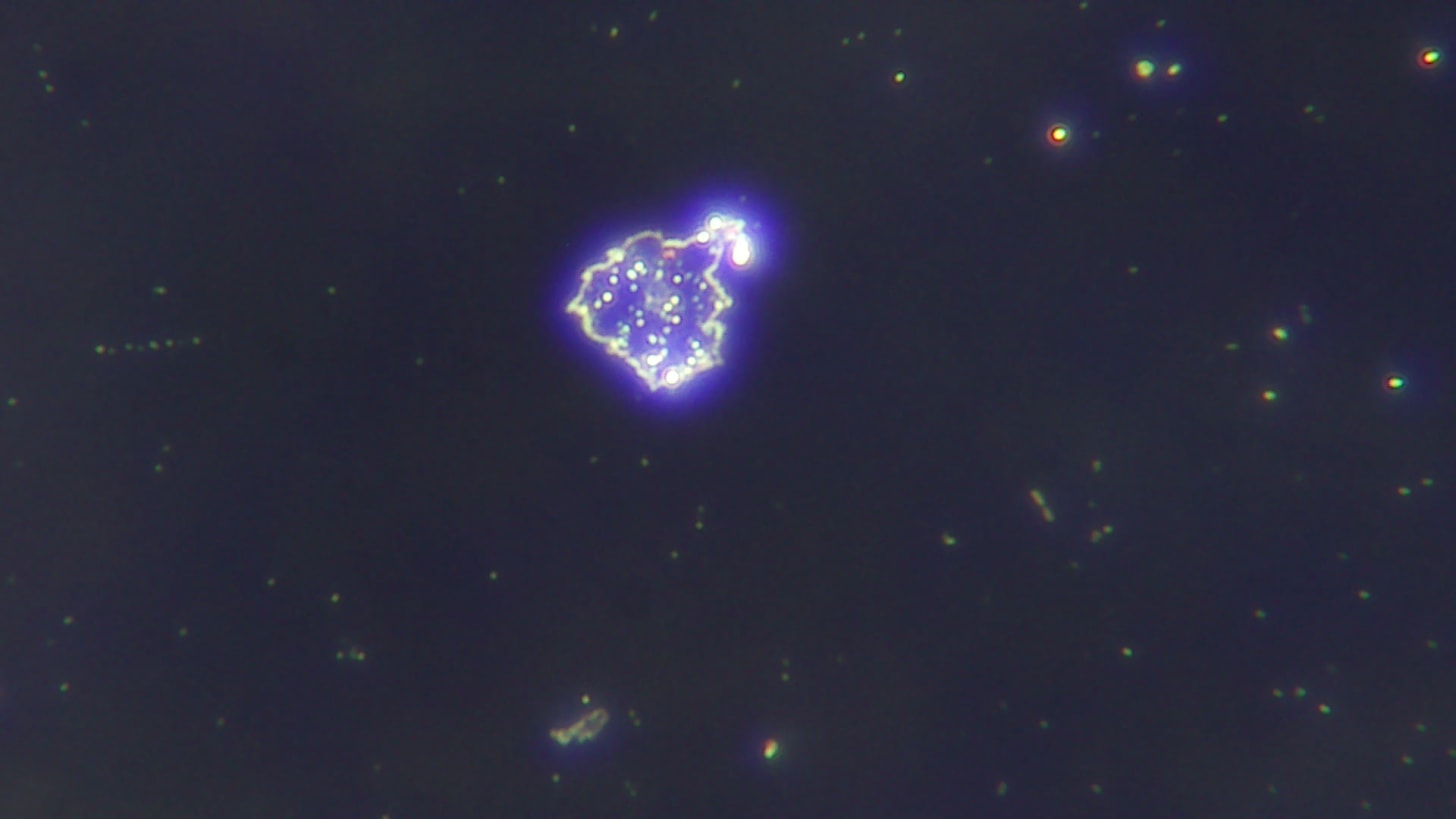
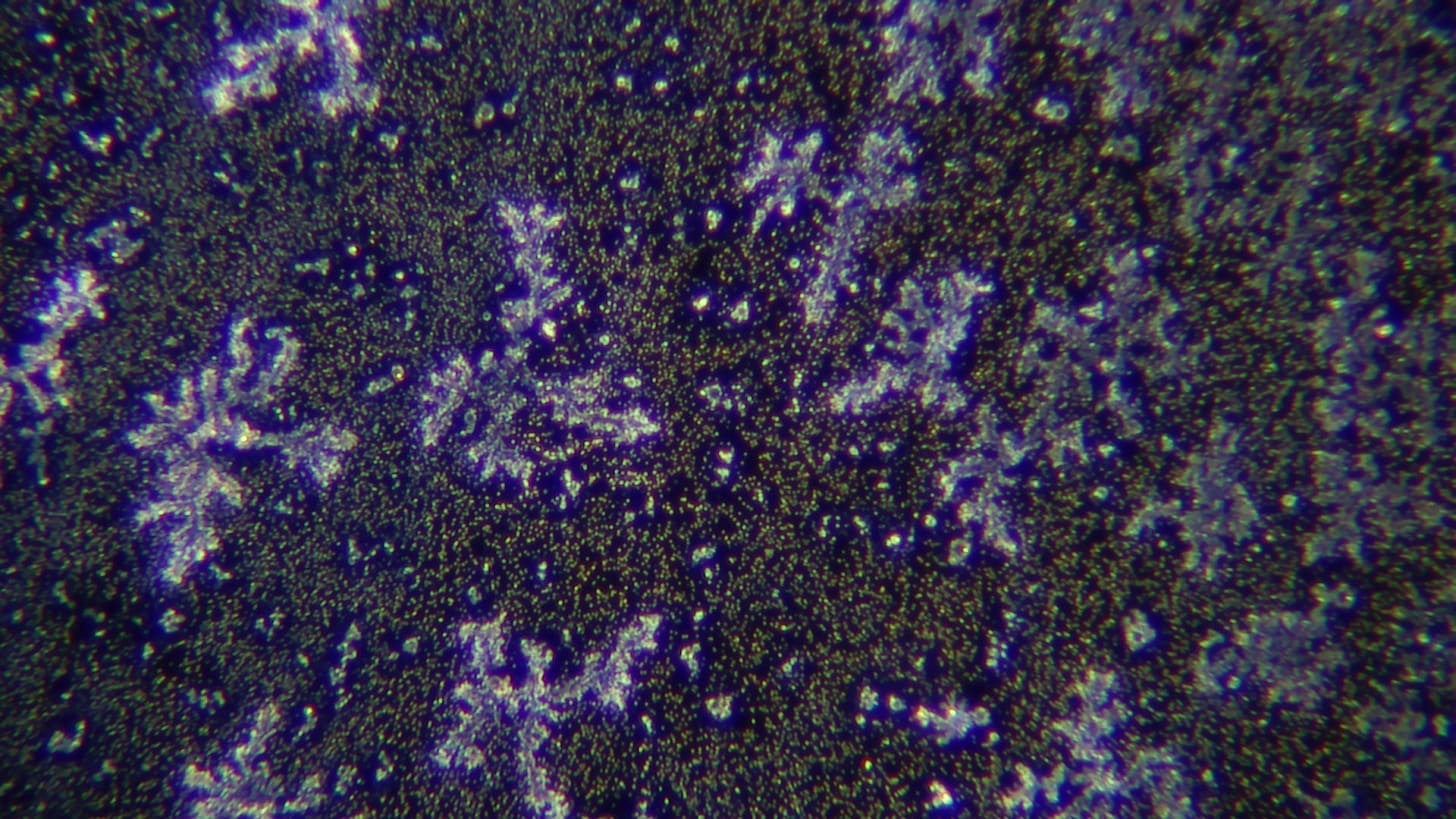
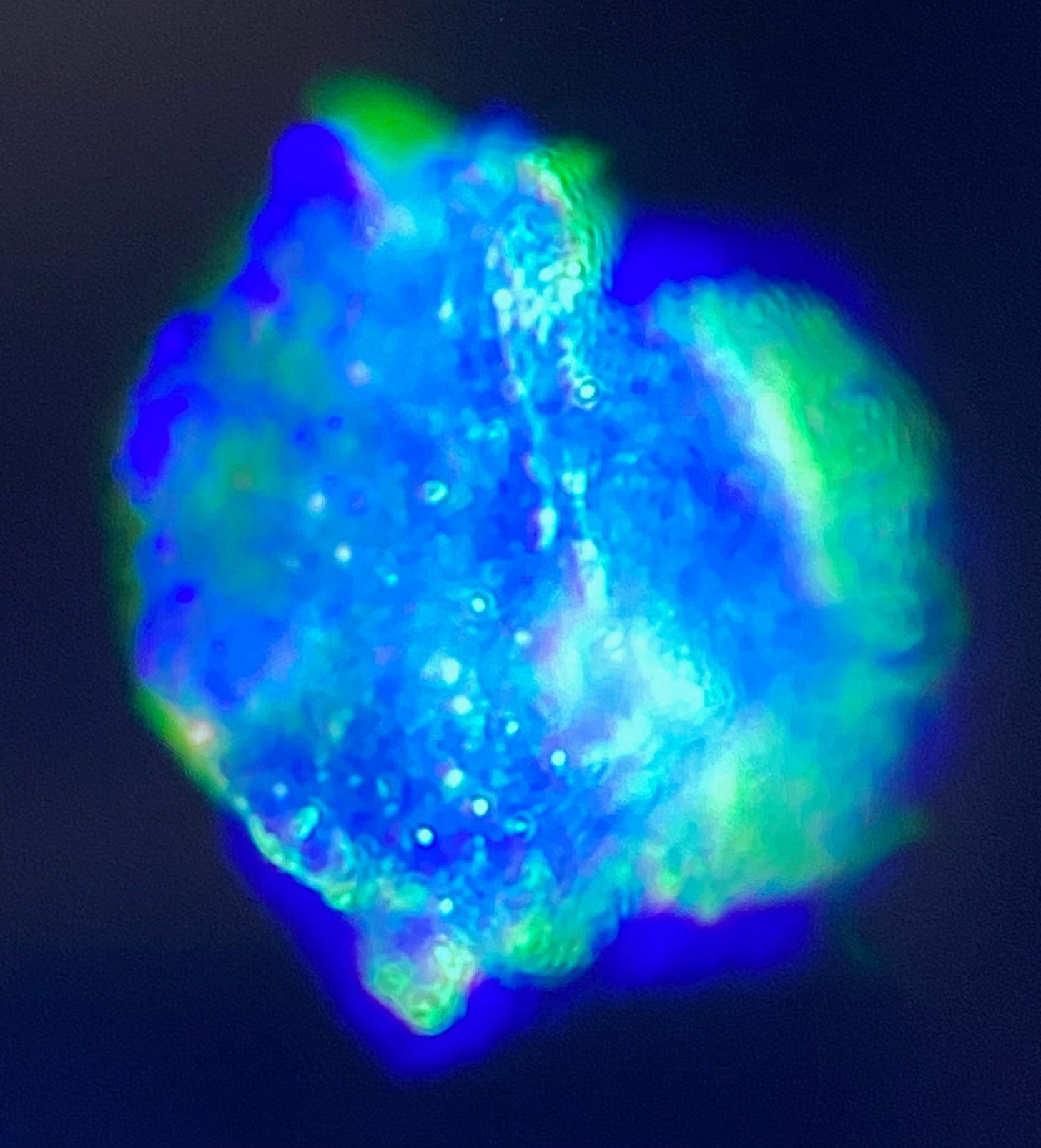
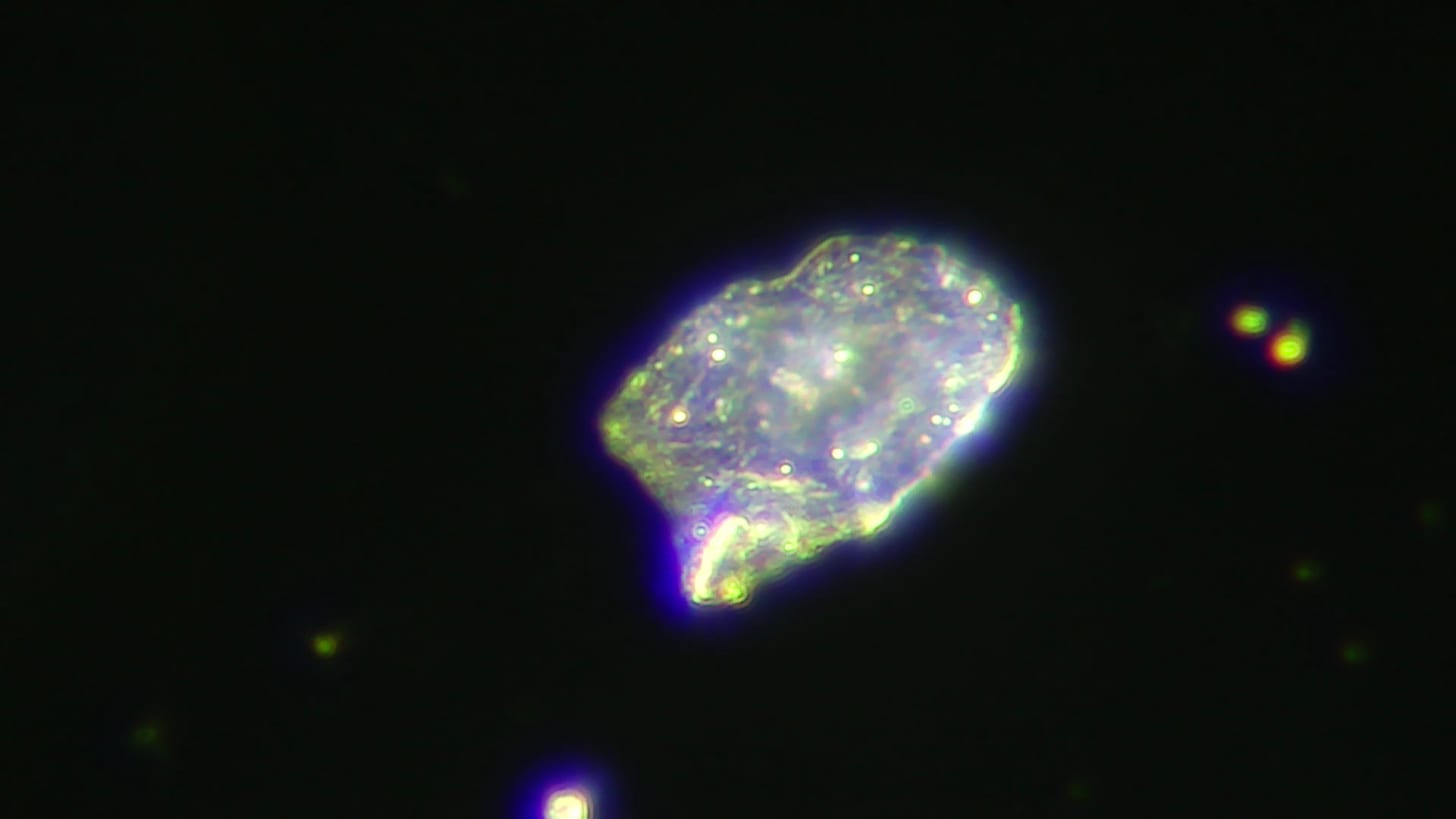
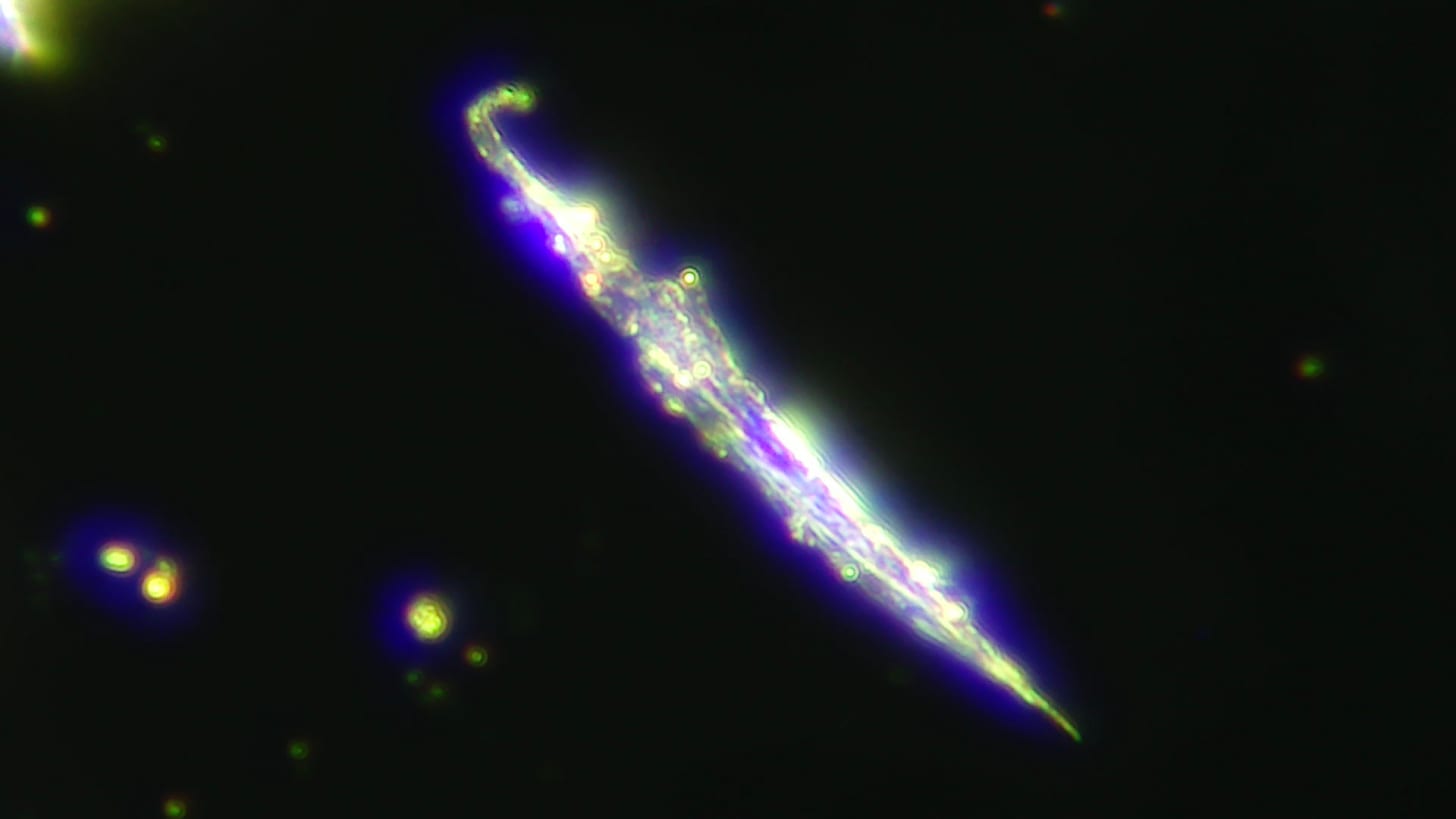
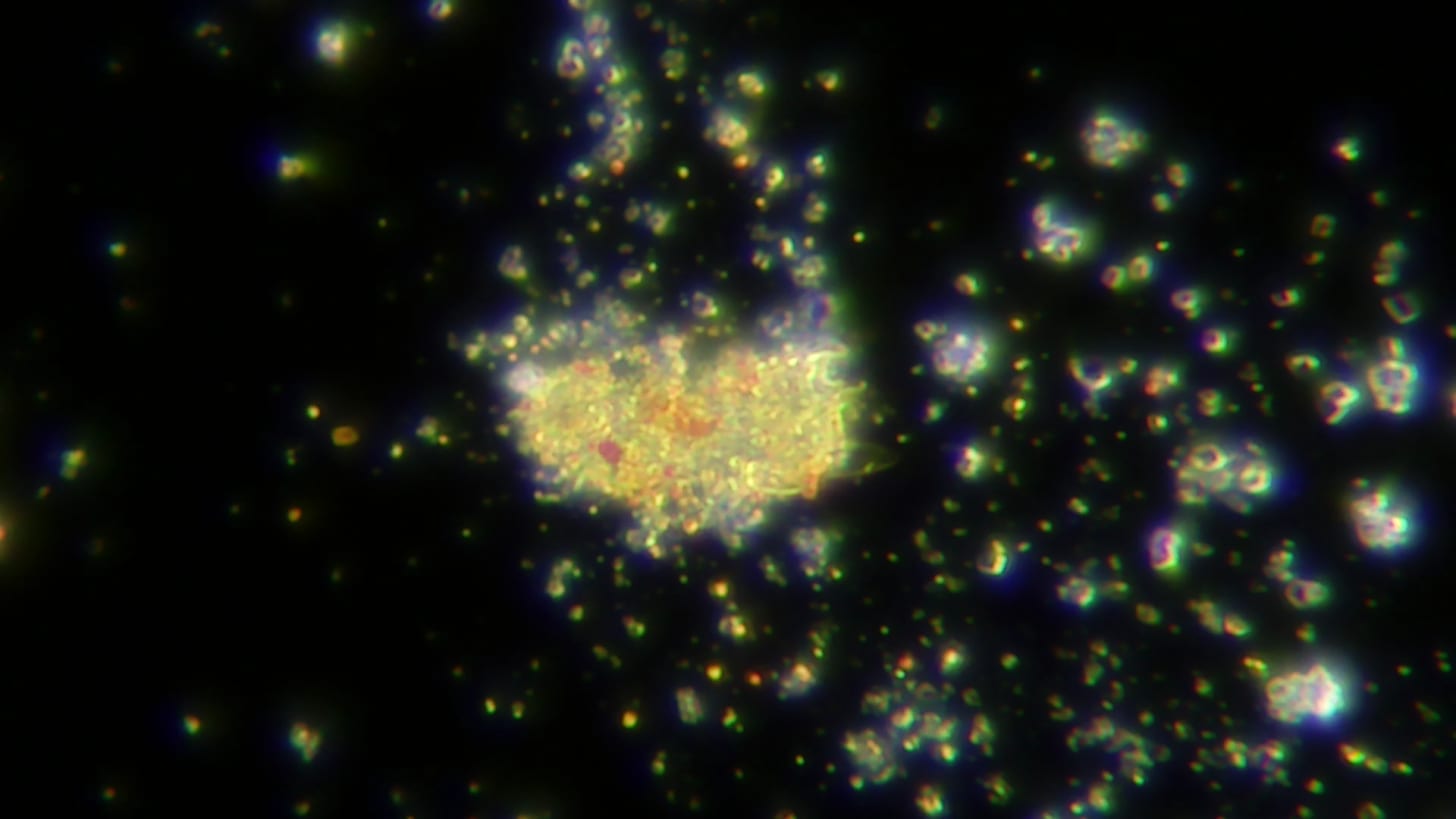
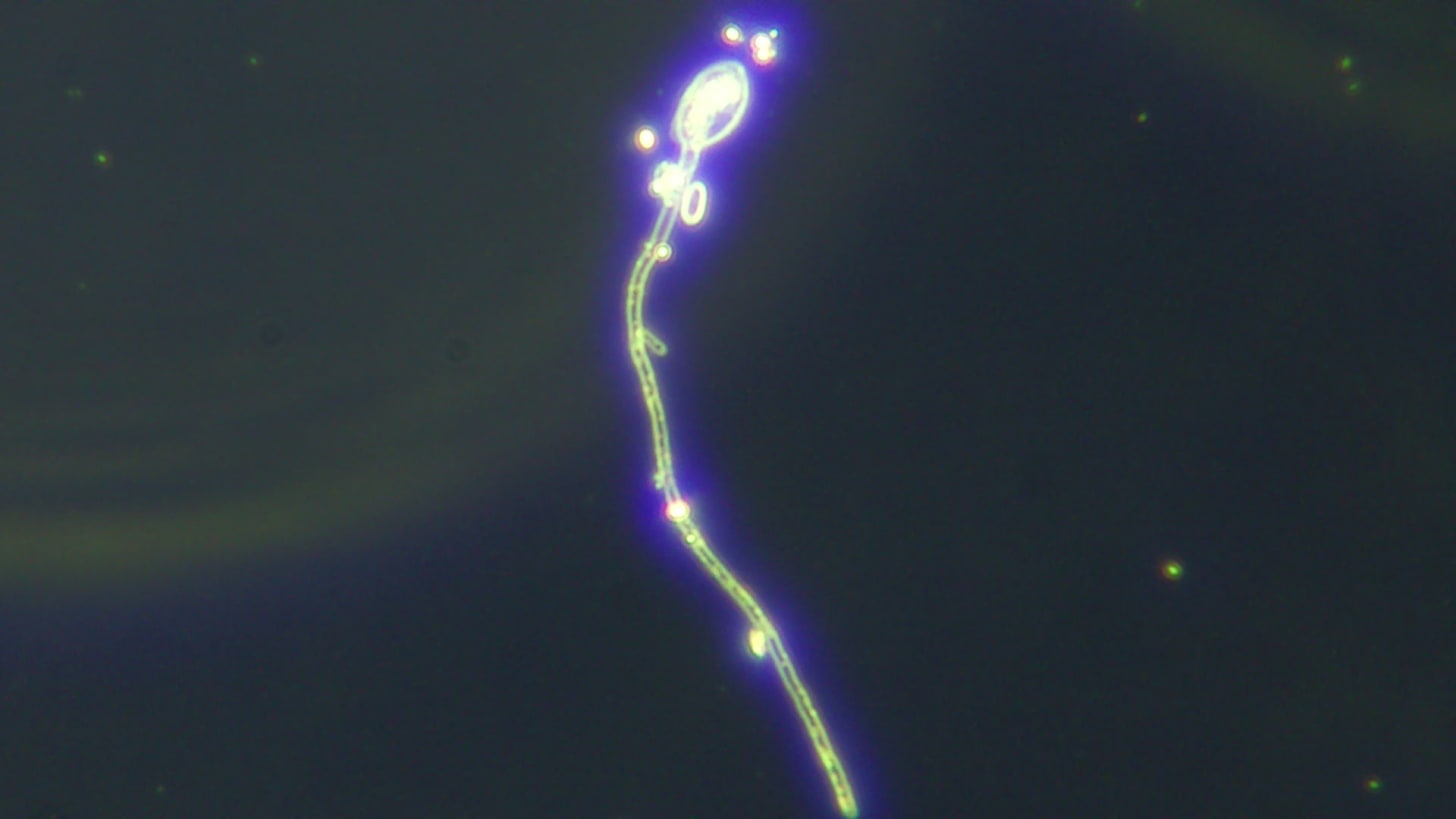
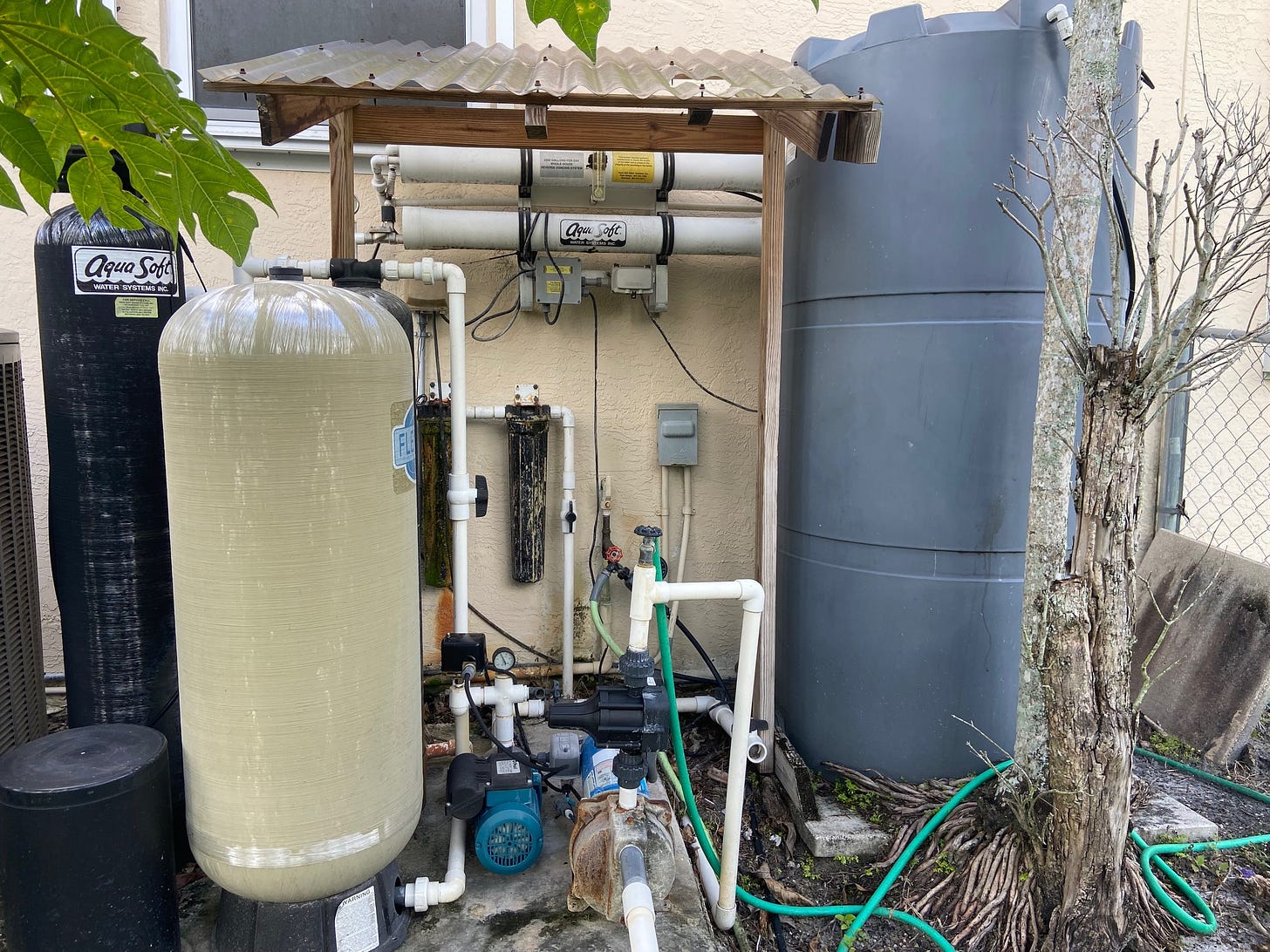
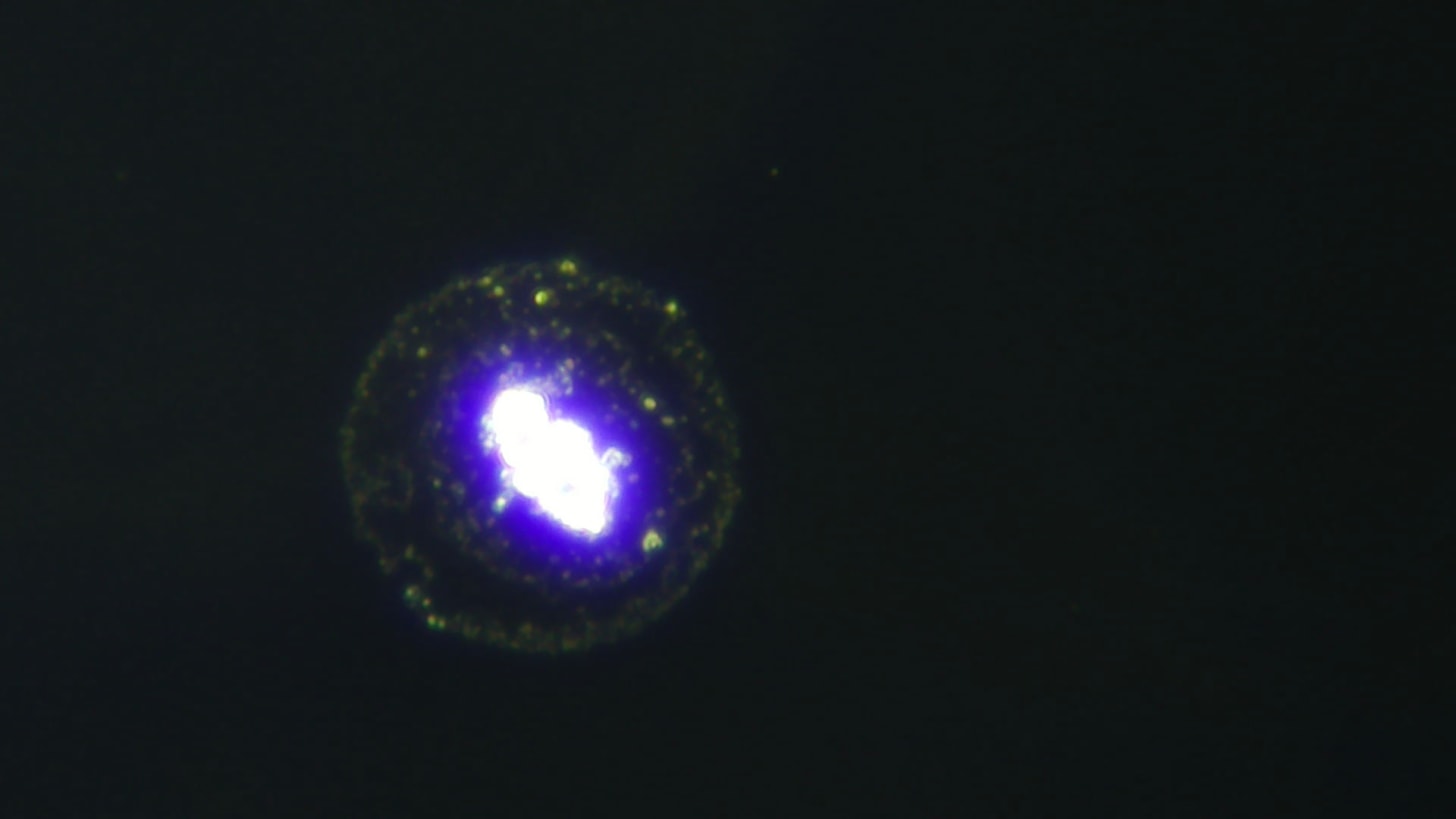
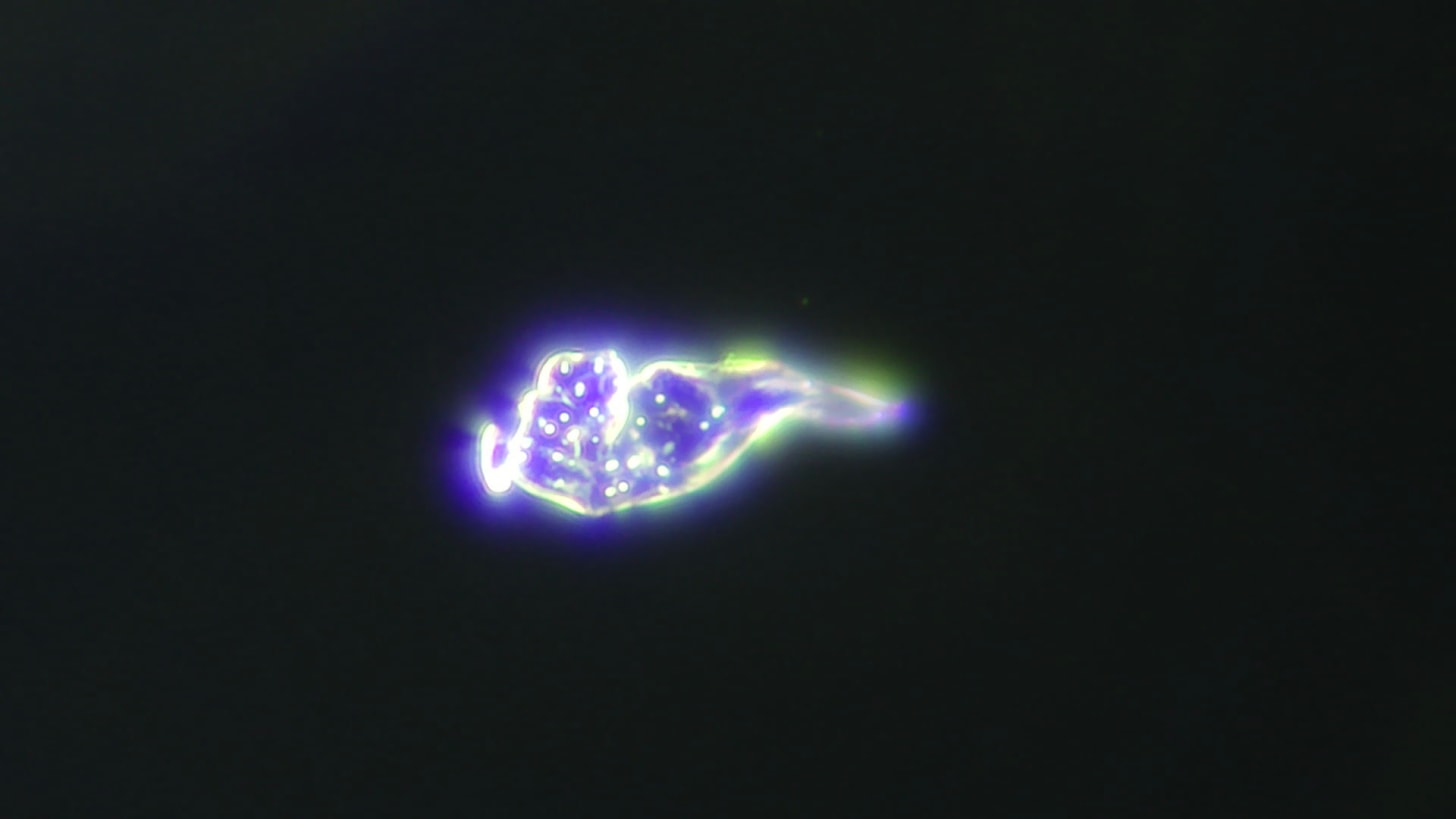
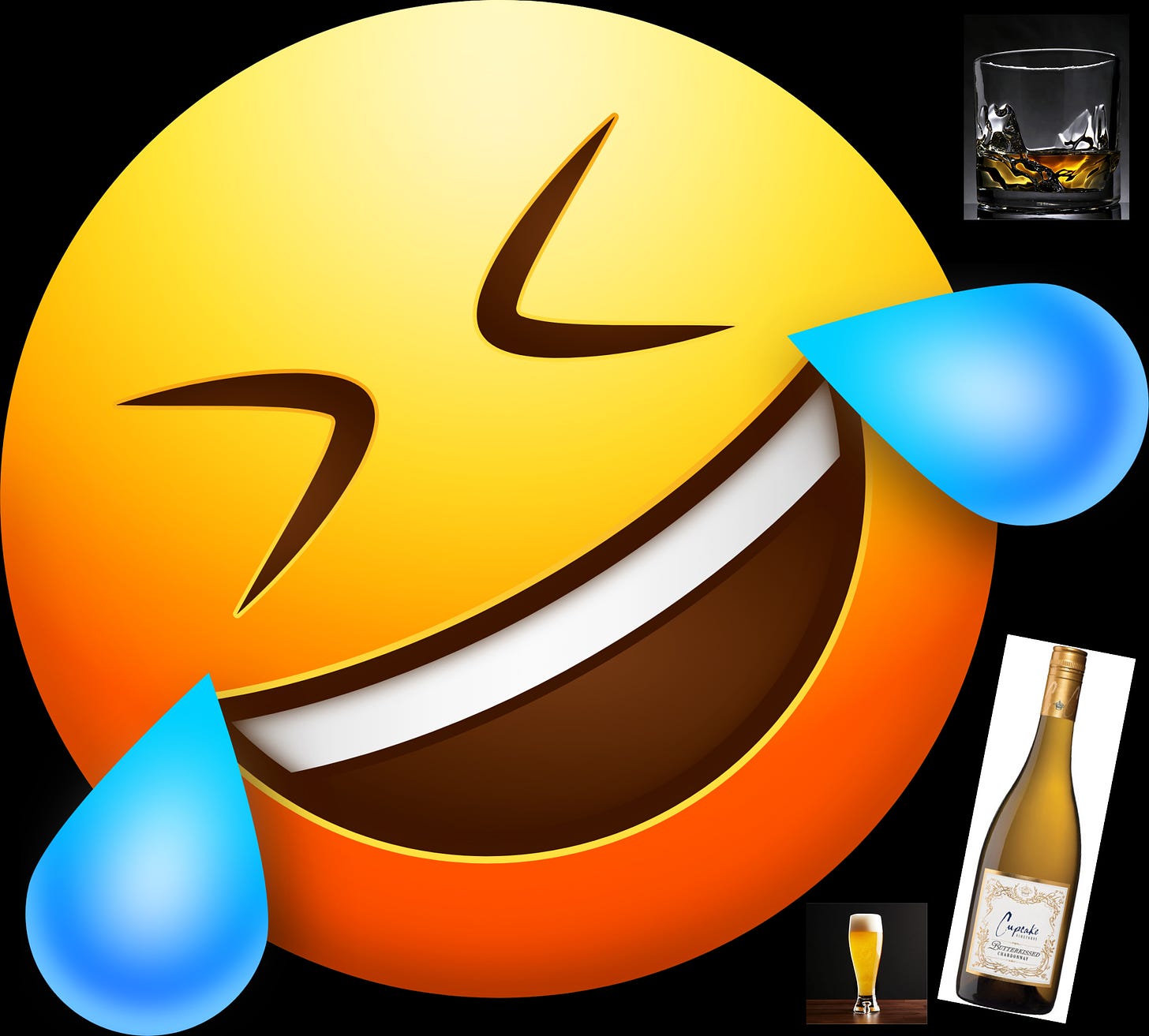

No comments:
Post a Comment